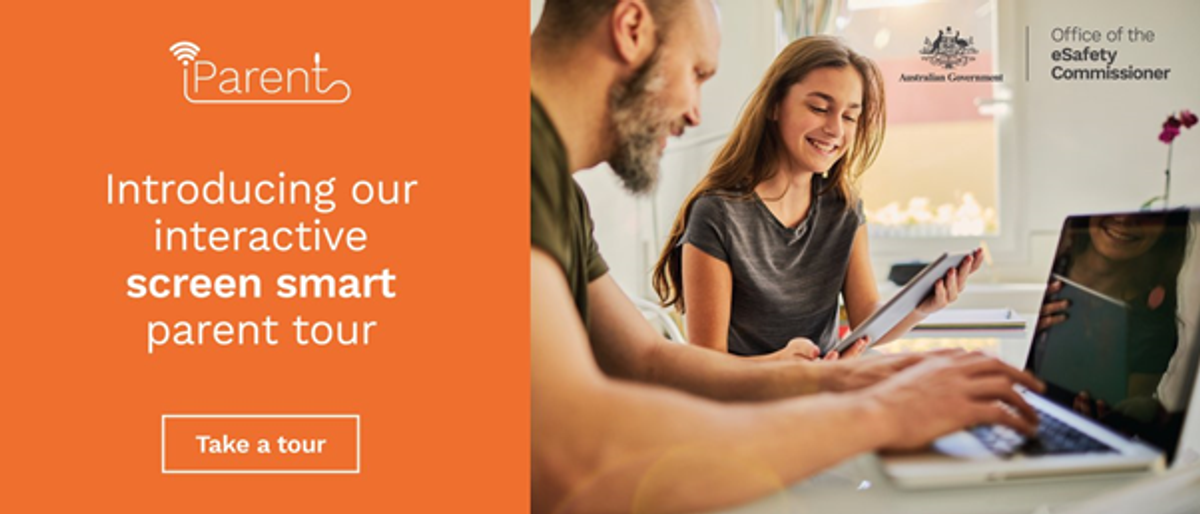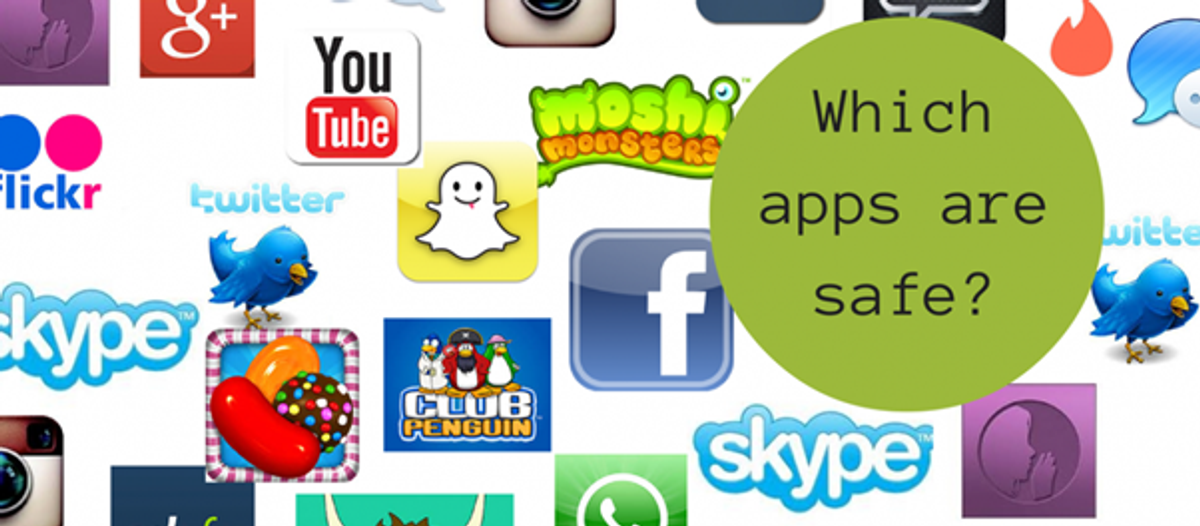Wellbeing Corner

Safe Social Networking
How can I support my child to be safe on social networks?
Social networks can be a great experience for your kids and there are a number of ways that you can play a part in helping them enjoy their benefits.
These include:
Staying involved
Establish your own account on the sites they use and learn about the privacy settings. Don't be intimidated by new technologies – understanding how these sites work may help you feel more comfortable with your kids exploring these spaces.
Checking ‘terms of use’
Terms of use for each social media service covers the rules for using the site, the type of content that can be posted and any age requirements. Read these to your child to make sure they understand what is expected of them.
Being aware of age guidelines
It is useful to consider whether you are comfortable with the content and the potential for contact with others including teens and adults on each site. Consider whether your child is socially ready to manage contacts and look out for the age ratings set by app stores to help identify age suitable content.
Setting rules
Make sure your child knows what information they can share or post and encourage them to tell you before they join new networks and before they post any personal information, including their full name, address or school.
Establishing safe personal profiles
Ensure they don’t put too much personal information online. Help them create user names or IDs that do not communicate gender, age, name or location and are not sexually provocative.
Establishing privacy
Ensure your child’s account is set to the strongest privacy setting so only their circle of friends can view their information, tag them in a photograph or share posts. Many sites have privacy protection information and safety tips.
Encouraging thinking first
Encourage your kids to think before they put anything online, even among trusted friends and remind them that once shared, information and photos can be difficult or impossible to remove and may have a long-term impact on their digital reputation.
Promoting respectful communication
Advise your child to stay respectful and be nice online and to avoid responding to any negative messages and report any they receive to you or another trusted adult.
Checking review sites
The Office of the Children’s eSafety Commissioner has prepared a guide to popular social sites and apps. NetAware (UK) and Commonsense Media are also useful sites.
Social networking risks
What are the risks of social networking?
Social networking can be a great experience for kids but also has clear risks. They may forget who they are communicating with and who might see their posts.
They also may feel braver to say and do things online that they might not do offline—including talking to and confiding in strangers. It is important that your child understands the risks associated with disclosing information about themselves and how to manage their privacy and online 'friends'.
In turn, it is important that you are aware of how your kids are interacting with others on these sites and equip them with the skills to manage negative situations, which include:
- cyberbullying
- not protecting their own privacy
- sharing information with people they don’t know or trust
- losing control over where a photo or video has been shared
- identity theft
- seeing offensive images and messages
- meeting people in real life who they only know online
- unwanted contact by strangers or predators.
Screen Smart Parent Tour
This 10 minute interactive tour is for parents of pre-teens and young teens (10 to 14 years). It has plenty of tips and practical steps along the way so you can help your child explore safely and manage online issues should they arise. This is especially important at this age as they strive for independence and peer acceptance.
There are no right or wrong answers and you’ll get to see how other parents responded to the same questions.
https://www.esafety.gov.au/education-resources/iparent
Games, apps and social networking
Games, apps and social networking sites are popular among children and adults alike.
Learn about the latest apps, how to protect your information and where to get more safety guidance.
All information provided is factual and it is up to each individual to decide whether an app, game or social networking site is appropriate for themselves and their family.
Any app or game that allows users to interact with others, including people they may not know, presents a potential risk of unwanted contact.
https://www.esafety.gov.au/esafety-information/games-apps-and-social-networking





